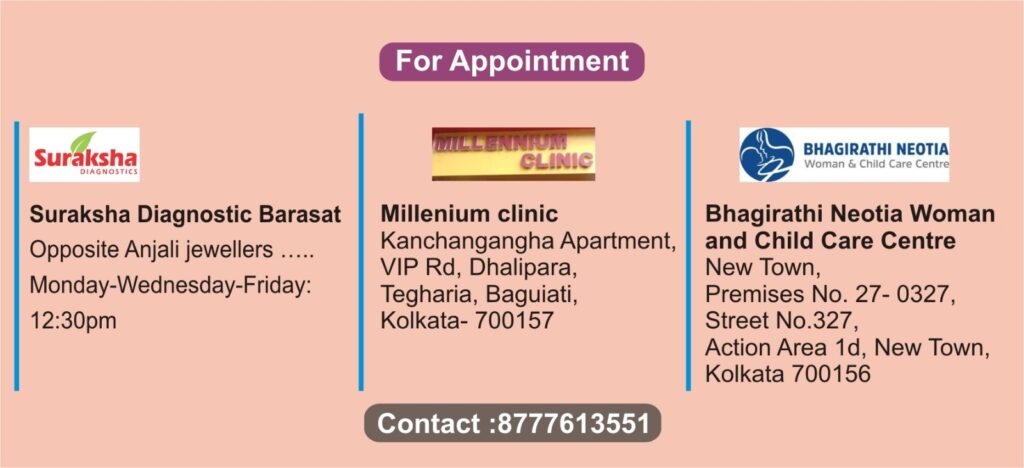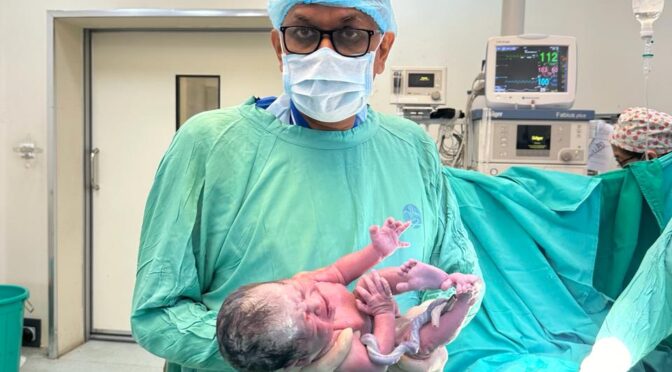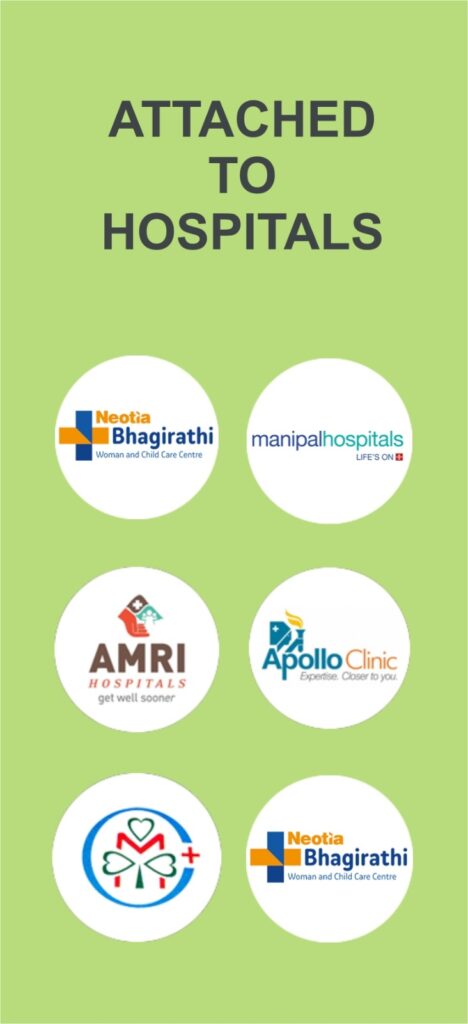BEST HIGH RISK PREGNANCY SPECIALIST IN HABRA, BARASAT
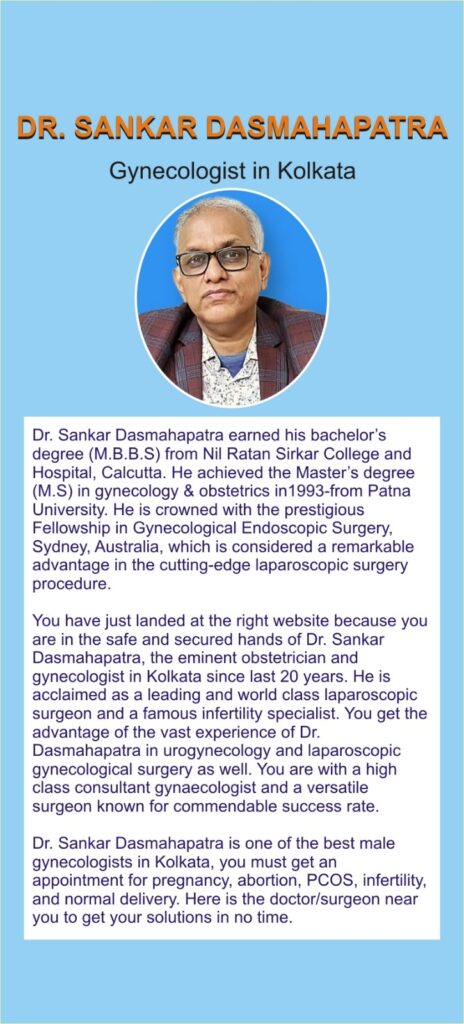
Best High Risk Pregnancy Clinic Barasat
High Risk Pregnancy Specialist in Newtown Kolkata
Most of the time having a baby is a natural process. After a full-term pregnancy, a woman goes into labor on or near her due date and gives birth to a healthy baby. A day or two later she leaves the hospital to begin day-to-day life with her growing family. But not all pregnancies go smoothly. Some women experience what doctors refer to as a high-risk pregnancy.
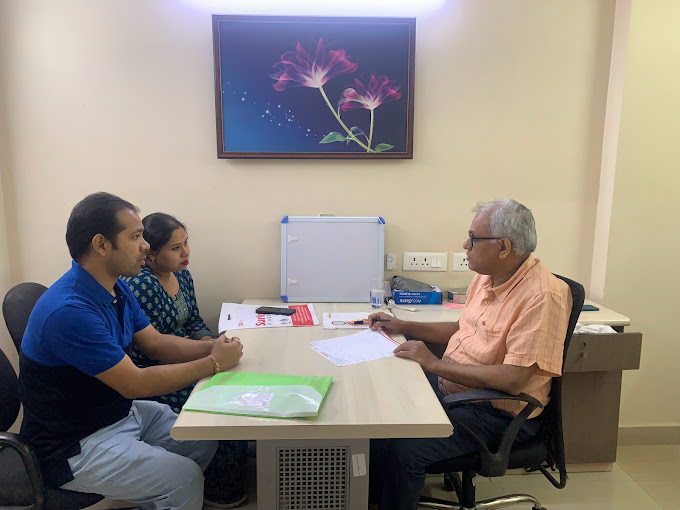
Most of the time having a baby is a natural process. After a full-term pregnancy, a woman goes into labor on or near her due date and gives birth to a healthy baby. A day or two later she leaves the hospital to begin day-to-day life with her growing family. But not all pregnancies go smoothly. Some women experience what doctors refer to as a high-risk pregnancy.


RISK FACTORS FOR HIGH-RISK PREGNANCY
Reasons that a pregnancy may be considered high risk include:
Maternal Age: One of the most common risk factors for a high-risk pregnancy is the age of the mother-to-be. Women who will be under 17 or over 35 when their baby is due are at greater risk of complications than those between their late teens and early 30s. The risk of miscarriage and genetic defects further increases after age 40.
HIGH-RISK PREGNANCY: KNOW WHAT TO EXPECT
A high-risk pregnancy can be stressful. Know what kind of prenatal care you might need and how to cope.
WHAT ARE THE RISK FACTORS FOR A HIGH-RISK PREGNANCY?
Sometimes a high-risk pregnancy is the result of a medical condition present before pregnancy. In other cases, a medical condition that develops during pregnancy for either mom or baby causes a pregnancy to become high risk.
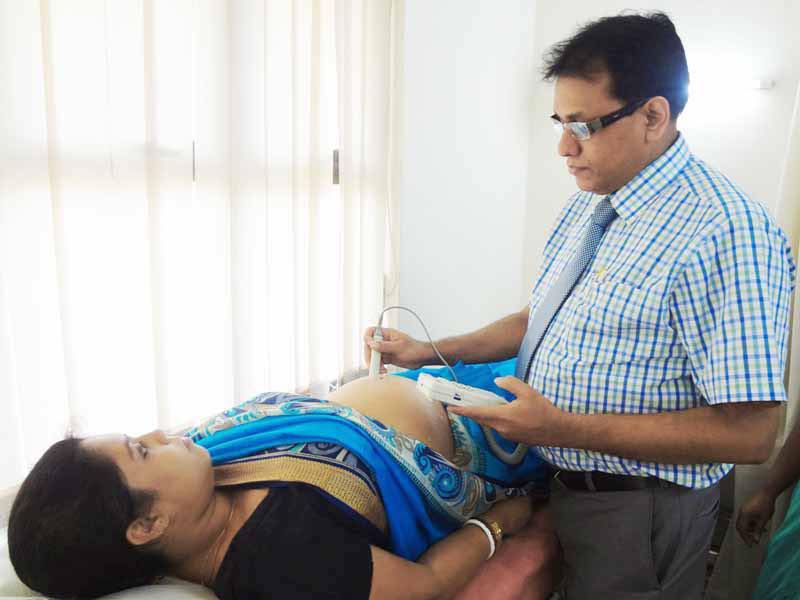
Specific factors that might contribute to a high-risk pregnancy include:
• Advanced maternal age. Pregnancy risks are higher for mothers age 35 and older.
• Lifestyle choices. Smoking cigarettes, drinking alcohol and using illegal drugs can put a pregnancy at risk.
• Multiple pregnancy. Pregnancy risks are higher for women carrying twins or higher order multiples.
WHAT STEPS CAN I TAKE TO PROMOTE A HEALTHY PREGNANCY?
Whether you know ahead of time that you’ll have a high-risk pregnancy or you simply want to do whatever you can to prevent a high-risk pregnancy, stick to the basics. For example:
BE CAUTIOUS WHEN USING ASSISTED REPRODUCTIVE TECHNOLOGY (ART).
If you’re planning to use ART to get pregnant, consider how many embryos will be implanted. Multiple pregnancies carry a higher risk of preterm labor.

GAIN WEIGHT WISELY.
Gaining the right amount of weight can support your baby’s health — and make it easier to shed the extra pounds after delivery. A weight gain of 25 to 35 pounds (about 11 to 16 kilograms) is often recommended for women who have a healthy weight before pregnancy. If you’re overweight before you conceive, you might need to gain less weight. If you’re carrying twins or triplets, you might need to gain more weight. Work with your health care provider to determine what’s right for you.
AVOID RISKY SUBSTANCES.
If you smoke, quit. Alcohol and illegal drugs are off-limits, too. Get your health care provider’s OK before you start — or stop — taking any medications or supplements.
